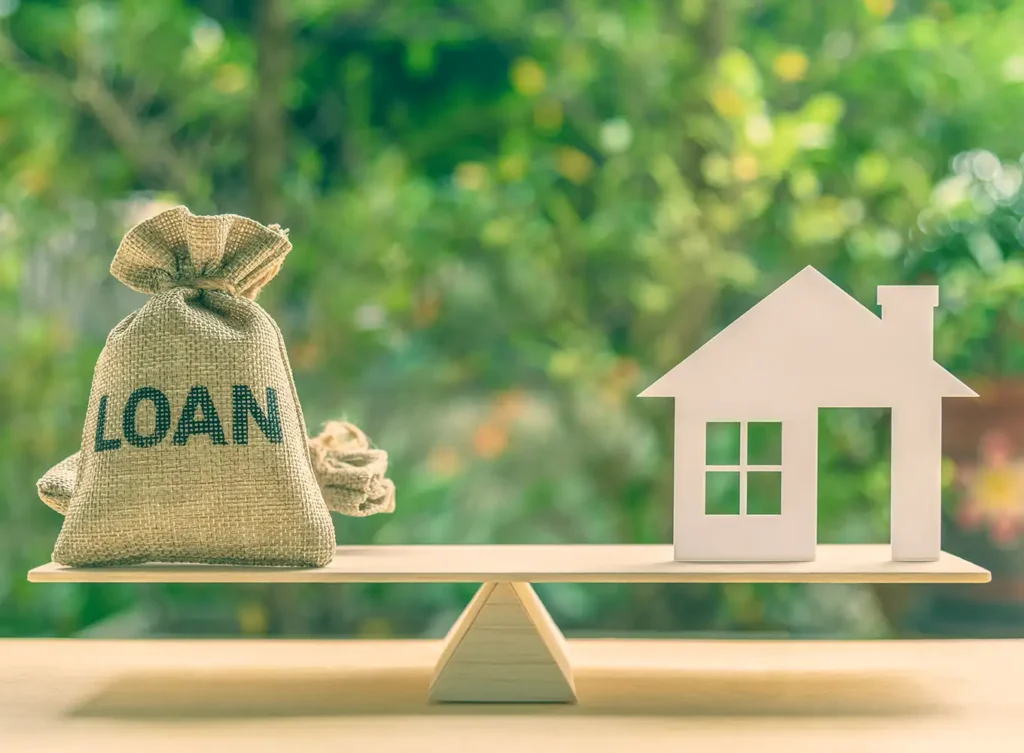Home Equity Loans
Eastern Missouri
Take Your First Step To Becoming Debt Free

Costs, Risks, and Alternatives
Understanding Home Equity Loans
A home equity loan is normally a second or third mortgage on your residence. It will typically carry a higher interest rate than your first mortgage and the lender may even want to take a lien on other collateral (e.g. automobiles or household goods) to ensure payment. In some situations, the interest you pay on these loans can be tax-deductible. Many lenders will even give you 125% of the value of your home, although these are rare now.
Consider what you get, what you give up, and what alternatives might cost.
On a $10,000 home equity loan to be paid off in 10 years at 12% interest, your payments could be less than $150 per month. To make the payments so low you may end up paying over $7,000 in interest alone, though. This is ignoring the broker’s fees and costs which are often 6-8% of the balance borrowed.
The reason these loans can be made at rates lower than you pay now on credit cards is that you are pledging your home as collateral. If you fall behind now, they will be able to sell your house to collect their money. And, if they don’t get all their money that way, they can sue you for the difference. You’re betting your home that you can afford it — and nothing else will happen that makes it harder to pay your bills.
Here are just two examples of what choices you have many lenders don’t want you to know about.
Example #1: If you have only $15,000 or less of equity in your home, you may qualify to file a Chapter 7 (“straight”) bankruptcy, keep your home, and discharge most or all of the bills you were thinking of paying with that equity. With a savings of over $15,000 plus interest over the life of your home equity loan, this may be worth considering, particularly since you will still have the equity in your home!
Example #2: Say you have about $21,000 of home equity, you may not be able to file Chapter 7 but you could possibly file a Chapter 13 repayment plan. Under such a plan, you may have to pay your unsecured creditors as little as $6,000 without interest over a three to five year plan. Even after the expenses of filing bankruptcy, your payments will still likely be lower than the home equity loan — and you have protected your home and its equity.
These examples are extremely simplified and each situation is different. However, you can be sure home equity lenders will not tell you these choices even exist.

